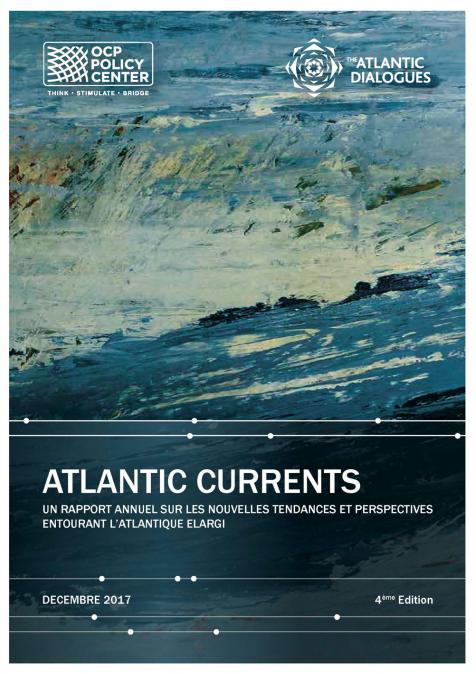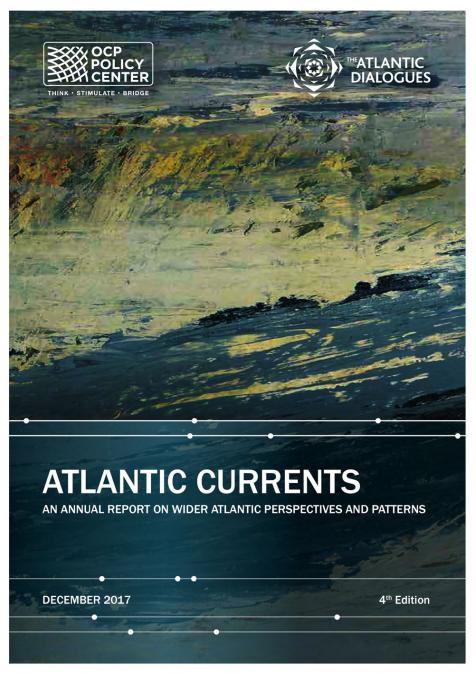facing many economies around the world, not only from an equity point of view but also from an economic and social perspectives. The recent COVID-19 crisis has highlighted the weaknesses of the global economic system and has also put strong emphasis on the importance of the social state in fighting inequalities. Indeed, during this pandemic, we have seen that a large part of the population, mainly in the southern part of the Atlantic, has been left overnight without financial means to cover its basic daily needs. This situation has been aggravated by the low levels of access to social protection, and by the low qualification of workers in several economic sectors and in particular in the informal sector, which does not allow them to keep their job or to find a new one that can be carried out remotely from home.
- What is the role of social state in fighting inequality? what are the main policies that governments should prioritize, to help reduce within-country inequality and ensure that economic gains are well shared ?
- How can governments strengthen their capacity to raise the necessary tax revenues, in order to finance the social investment needed to reduce inequalities without discouraging economic activity?
- What is the cost of tax havens for developing countries and what role can international cooperation play in dealing with this issue?
- How can governance be made more effective to help fight within countries inequality?




